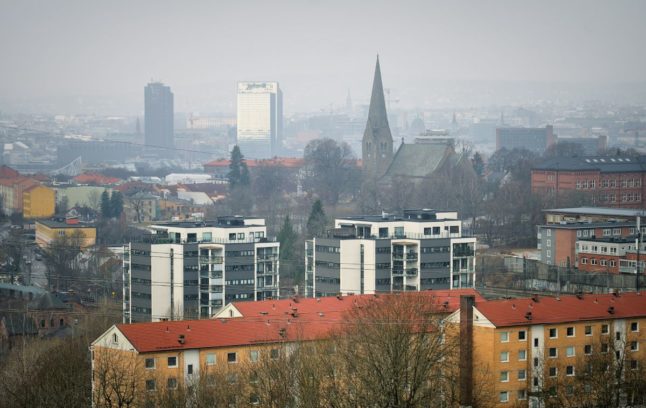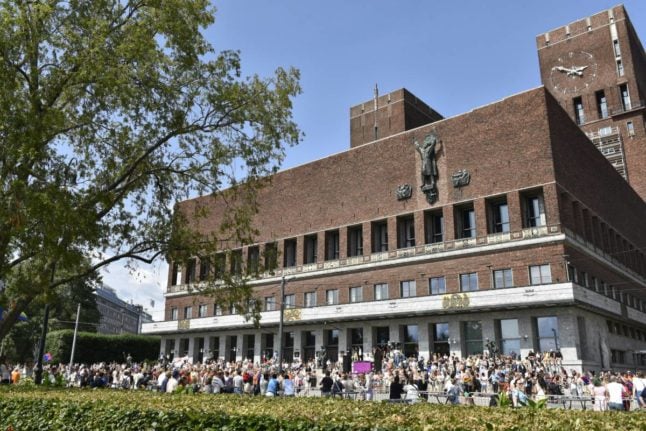The average cost of renting in Norway during the first quarter of 2024 was 12,323 kroner per month, according to the latest figures from the rental agency Husleie.no.
As has been the case over the past few years, Norway’s biggest cities have seen some of the fastest-growing rent prices.
Rent increases in Bergen, Trondheim, and Stavanger were all in excess of eight percent between the first quarter of last year and the first quarter of this year.
The cost of renting in Trondheim was 12,613 kroner per month, compared to 12,429 kroner in Stavanger and 11,875 kroner in Bergen.
However, things were slightly different in Oslo. While it remained the most expensive place in Norway to rent at 15,468 kroner per month, rents only increased by 2.8 percent.
The slower rent increase could signal good news for the rest of Norway’s property market.
“Rent prices in Oslo affect the entire Norwegian market, and that is often where we see the trends first,” Kjetil J. Olsen, general manager of Husleie, told the Norwegian newswire NTB.
Rising demand and decreased supply have been pointed to as factors behind steep rental increases in Oslo.
However, the bottleneck on the supply side may still be an issue, as Olsen said that more people were looking to rent outside of the city centre and that many ended up moving to commuter towns.
READ MORE: How much does it cost to rent in Oslo’s commuter towns?



 Please whitelist us to continue reading.
Please whitelist us to continue reading.
Member comments